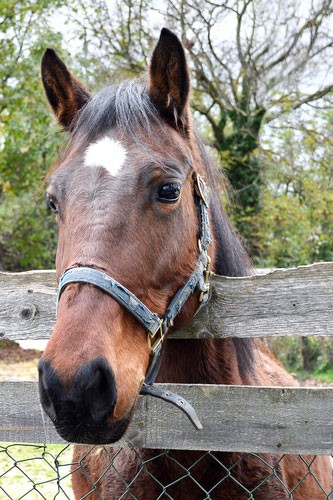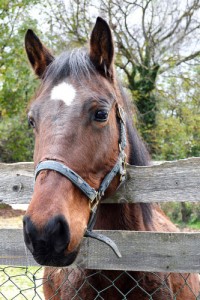Action against fraud in horsemeat trade taken by Eurojust and EU Member States
- Like
- Digg
- Del
- Tumblr
- VKontakte
- Buffer
- Love This
- Odnoklassniki
- Meneame
- Blogger
- Amazon
- Yahoo Mail
- Gmail
- AOL
- Newsvine
- HackerNews
- Evernote
- MySpace
- Mail.ru
- Viadeo
- Line
- Comments
- Yummly
- SMS
- Viber
- Telegram
- Subscribe
- Skype
- Facebook Messenger
- Kakao
- LiveJournal
- Yammer
- Edgar
- Fintel
- Mix
- Instapaper
- Copy Link
Posted: 27 April 2015 | Victoria White | No comments yet
Eurojust has coordinated police and judicial authorities in a day of action to stop an organised criminal network involved in the illegal horsemeat trade…


On Friday 24 April, police and judicial authorities from countries across Europe were involved in a common day of action coordinated by Eurojust to stop an organised criminal network involved in the trade in illegal horsemeat.


Dozens of commercial premises and private residences were searched, resulting in 26 arrests and the seizure of more than EUR 36,000. More than 200 horses were taken to be examined by veterinary services. Over 800 horse passports were seized, as well as medication, dozens of microchips and computer equipment.
Between 2010 and 2013, an estimated 4,700 horses unfit for human consumption were slaughtered and introduced into the legal food chain
French authorities estimate that between 2010 and 2013, 4,700 horses unfit for human consumption were slaughtered and introduced into the legal food chain. Four hundred horse passports with anomalies were detected in France alone. Due to falsification, suppression and/or modification of official health documentation by the group, the horsemeat, deemed unfit for human consumption, was able to fraudulently enter the European food chain. According to EU food chain legislation, the provenance of all meat must be accounted for and traceable.
Investigations into the main suspect, a Belgian national operating from Belgium, began in Belgium in November 2012, led by an Investigating Judge from the Tribunal de Première Instance of the Province of Luxembourg (Division Arlon), Belgium. France started their investigation in July 2013, led by an Investigating Judge from the Tribunal de Grande Instance of Marseille (Pôle Santé Publique).
These investigations revealed links to the activities of this organised criminal group in other Member States, such as Ireland and the Netherlands. As a result of information received from Belgium and France, Kent Police also commenced an investigation in the UK.
Illegal horsemeat trade investigations continue
Eurojust’s support provided the opportunity for the Member States affected to discuss the most efficient common judicial strategy and response.
Two coordination meetings were organised by and held at Eurojust in 2015. Eurojust provided analytical support throughout the investigation.
A joint investigation team (JIT) was formed between France and Belgium in May 2014, with funding for the JIT provided by Eurojust. Latest developments in the case led to the JIT being extended towards the UK this month.
Investigations in to the illegal horsemeat trade are ongoing.






